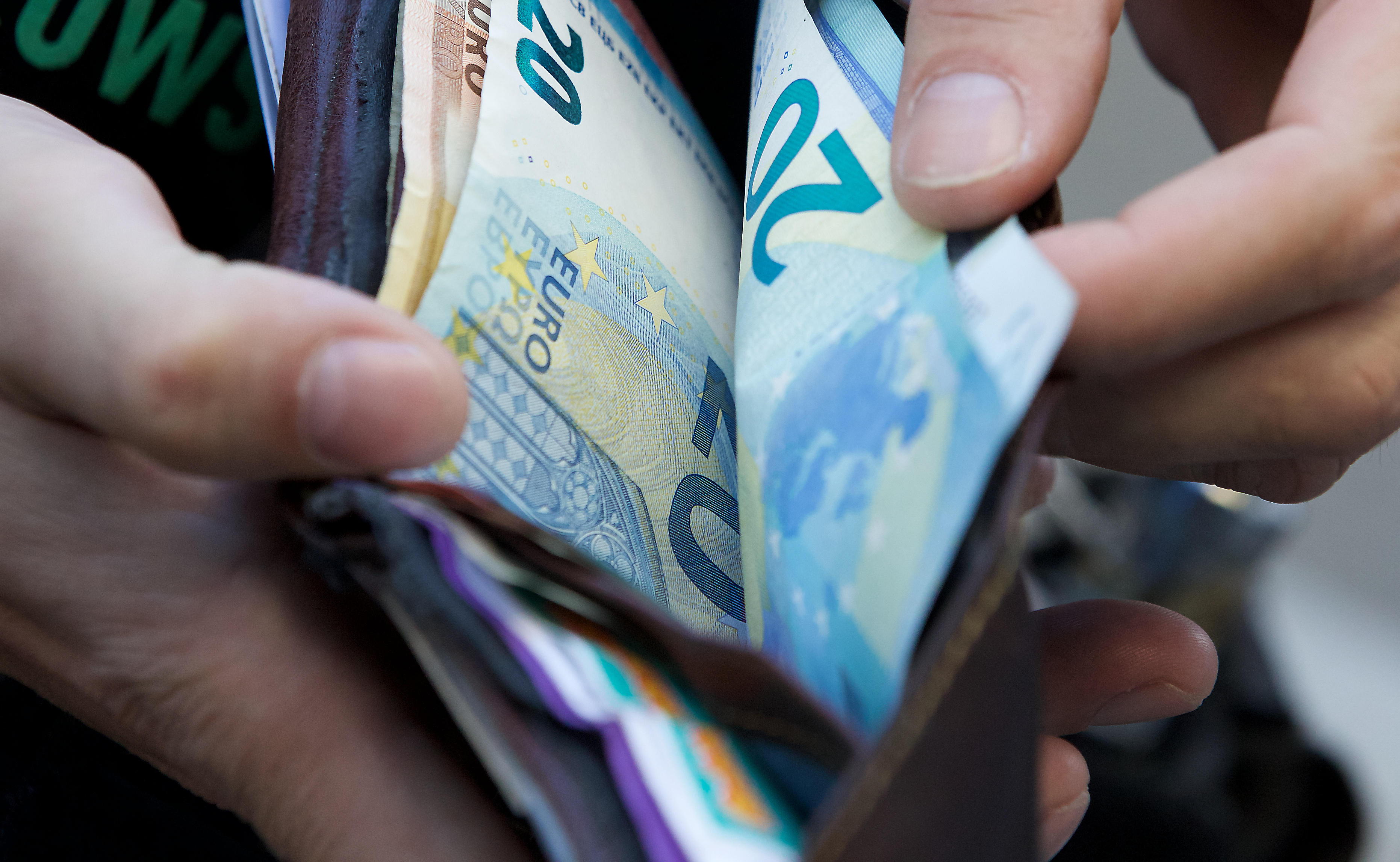Belgian employees benefit very little from raise due to tax burden

Giving employees a pay rise costs Belgian employers a lot but brings very little advantage for the employees concerned, according to figures provided by the Christian Trade Union and reported by Het Laatste Nieuws on Tuesday. The union is calling for a tax reform to reduce the "promotion trap".
An employee whose gross salary increases from 2,500 to 3,000 euros gets to keep a net amount of around 128 euros, while the employer has to pay an additional 733 euros. The difference goes to social security and taxes.
Employees in lower wage brackets in particular see little impact from a pay rise because they lose some of their benefits. For example, the federal and Flemish "job bonus" - a tax advantage for people in work - decreases as wages rise.
Furthermore, the "promotion trap" continues to grow. In 2014, when gross wages rose from 2,500 to 3,000 euros, 33.83 per cent of the increase went to the employee. Today it is only 17.53 per cent. The Christian Trade Union is now calling for a tax reform to make work more attractive.
Tax burden
Belgium has traditionally had one of the highest tax ratios in the world. According to the Organisation for Economic Co-operation and Development (OECD), Belgium ranks first in terms of the taxes that Belgian employees pay on their wages. Among all OECD member countries, Belgium is the only place where more than half of gross wages are taxed.
For a single person without children on an average wage, the tax burden in Belgium will be as high as 53 per cent in 2022, up from 52.6 per cent in 2021, marking the second year of an increase in the tax rate.
© BELGA PHOTO NICOLAS MAETERLINCK
Related news
